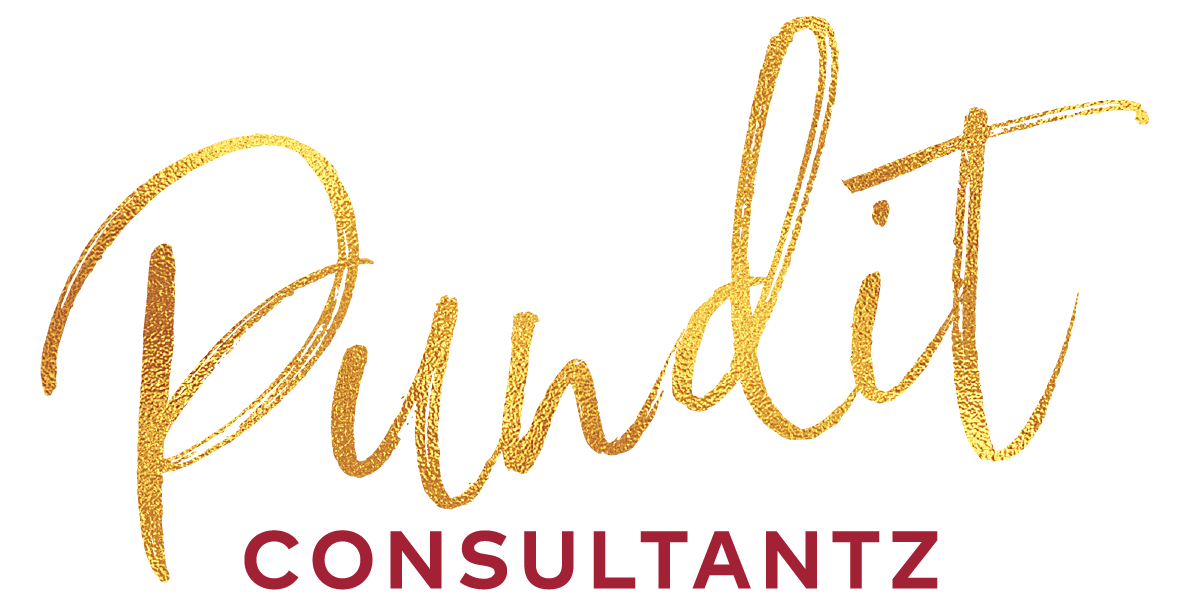The “New Normal” of Work Created a “People Revolution”
The pandemic unleashed what became known as the “new normal” of work. Businesses, primarily in white-collar industries, had employees work from home. It was meant to be temporary.
However, the sudden shift to remote and hybrid work arrangements was only the tip of the iceberg. The freedom to work from anywhere has inspired workers to reconsider their work/life values and pushed them to become their own ambassadors. It led to a trend dubbed “The Great Resignation” in popular culture but I have a different name for it: “The Great People Revolution.”
For this In the Know segment, I spoke with organizational psychologist Dr. Sanja Licina, who is now the president of QuestionPro Workforce. We discussed how the “new normal” of work created more permanent, revolutionary changes.
Virtual Culture
Pre-COVID, about 6% of employees worked primarily from home, per Census Bureau data. Compare that to December 2020: Nearly three-quarters of workers who were capable of doing their jobs from home were still doing so, according to the Pew Research Center.
Thanks to the internet, remote work is more feasible than ever before. But how do you maintain a company culture when everything is virtual? How do bosses adequately support remote team members? Dr. Licina said the pandemic exposed the need for more individualized approaches.
“One of the things that went out the window with this pandemic is big generalizations… that the support we provide for one person will work equally well for everyone else,” Dr. Licina explained.
Employers also had to seriously consider the challenges working parents faced since the kids were at home, too. “In many ways, organizations were blindsided,” Dr. Licina said. “You had parents and organizations equally trying to figure out what to do.”
Productivity & Flexibility
The “new normal” altered how we measure output. As long as the work gets done, who cares what time of day you did it?
“It shouldn't be, ‘how many hours am I in front of a computer,’” Dr. Licina said. “Instead, it should be about, ‘what kind of impact am I making?’” According to a PwC survey, more than half of executives said average employee productivity actually increased during work-from-home periods.
The “new normal” also put a greater emphasis on the need for flexibility. I think it’s a positive thing that work-from-home arrangements made employers more aware of their employees’ personal lives.
Remember the viral video of a man’s children interrupting his BBC interview? More than 50 million viewers on YouTube have watched his wife scramble to get the kids out of the room.
That video is hilarious, but I’m glad we’ve reached a point where situations like this wouldn't make headlines anymore. I’ve been on plenty of Zoom calls where my kindergartner, who was sharing a desk with me, has shown his beautiful face.
The “new normal” created a “huge opportunity to change the world in a very different and more profound way, than if we kept that huge separation forever” between work and the rest of our lives, Dr. Licina agreed.
No Going Back
The “new normal” set the stage for the “Great Resignation.” Our data demonstrates just how interconnected the two events have been.
A large segment of the workforce experienced greater flexibility with remote and flexible arrangements, which gave them the opportunity to analyze what’s important in their lives and realize their own value. This prompted many to move on from positions that weren’t satisfying to them personally and seek better-fitting options.
The Great People Revolution is the idea that workers are now more willing to advocate for their own interests. A QuestionPro survey found 69% of workers say the pandemic changed their perspectives on what’s important in life.
We’re also speaking up more. 52% of workers are more confident asking for higher salaries than before the pandemic. More than half say they feel they have more control over their working circumstances.
Every few decades, there has been a major reset in how people work – like the industrial and digital revolutions, for example. This is the first time in history that the change has been people-focused, rather than tech-focused. It’s affecting all industries and all segments of the global workforce, and it’s only just beginning.
Stay even more known, by subscribing to our InTheKnow Series!

